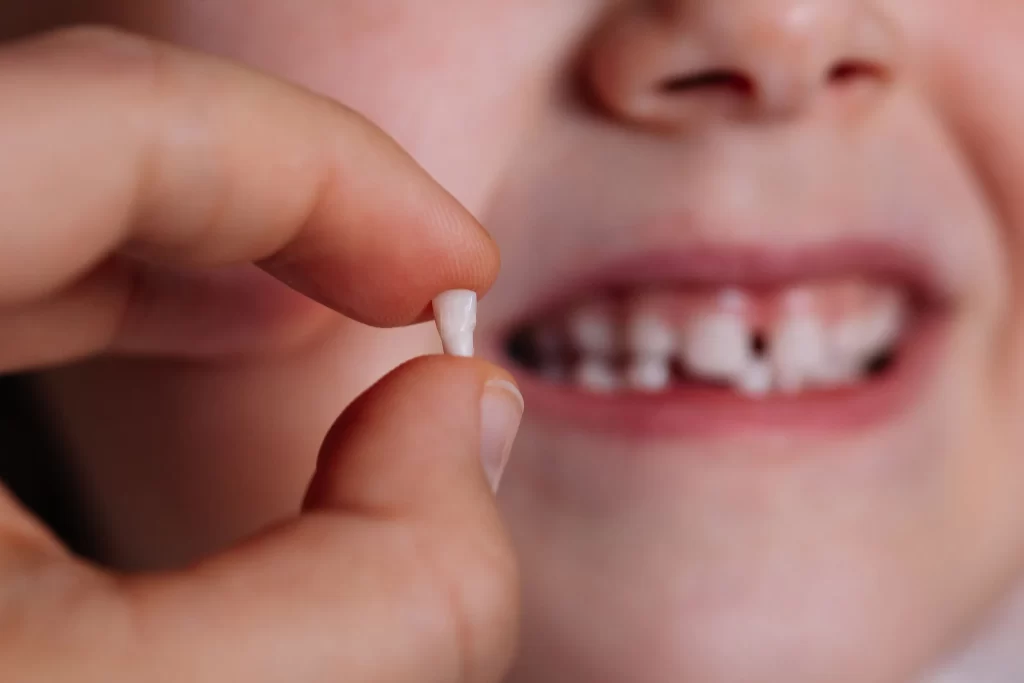Could your child’s lost milk tooth really hold the key to curing autism or diabetes?
Some UK companies would like parents to believe so — and they’re charging nearly £2,000 for the promise.
The practice is called tooth stem cell banking.
Parents send off their children’s fallen teeth, labs extract stem cells from the dental pulp.
Firms claim those cells might one day treat conditions from type 1 diabetes to autism.
What’s The Problem?
Sounds groundbreaking, right? The problem: scientists say the evidence just isn’t there.
“There’s a lack of evidence and a paucity of research,” explains Jill Shepherd, a stem cell biology lecturer at the University of Kent.
“There’s no proof these cells would ever be needed to treat that child.”
Still, three UK companies — BioEden, Future Health Biobank and Stem Protect — advertise the service.

One boasts it has released samples for autism treatment, another promotes potential use for HIV and cleft palate repair.
Critics call it misleading at best, exploitative at worst.
“It’s outrageous,” says Tim Nicholls of the National Autistic Society. “Autism is not a disease.
It cannot be treated. Targeting vulnerable families with expensive, false hope is dangerous.”
The companies defend themselves, stressing transparency and regulatory oversight.
But for now, parents are left with a tough question: are they investing in their child’s future health?
Or just throwing money down the drain with their baby teeth?





